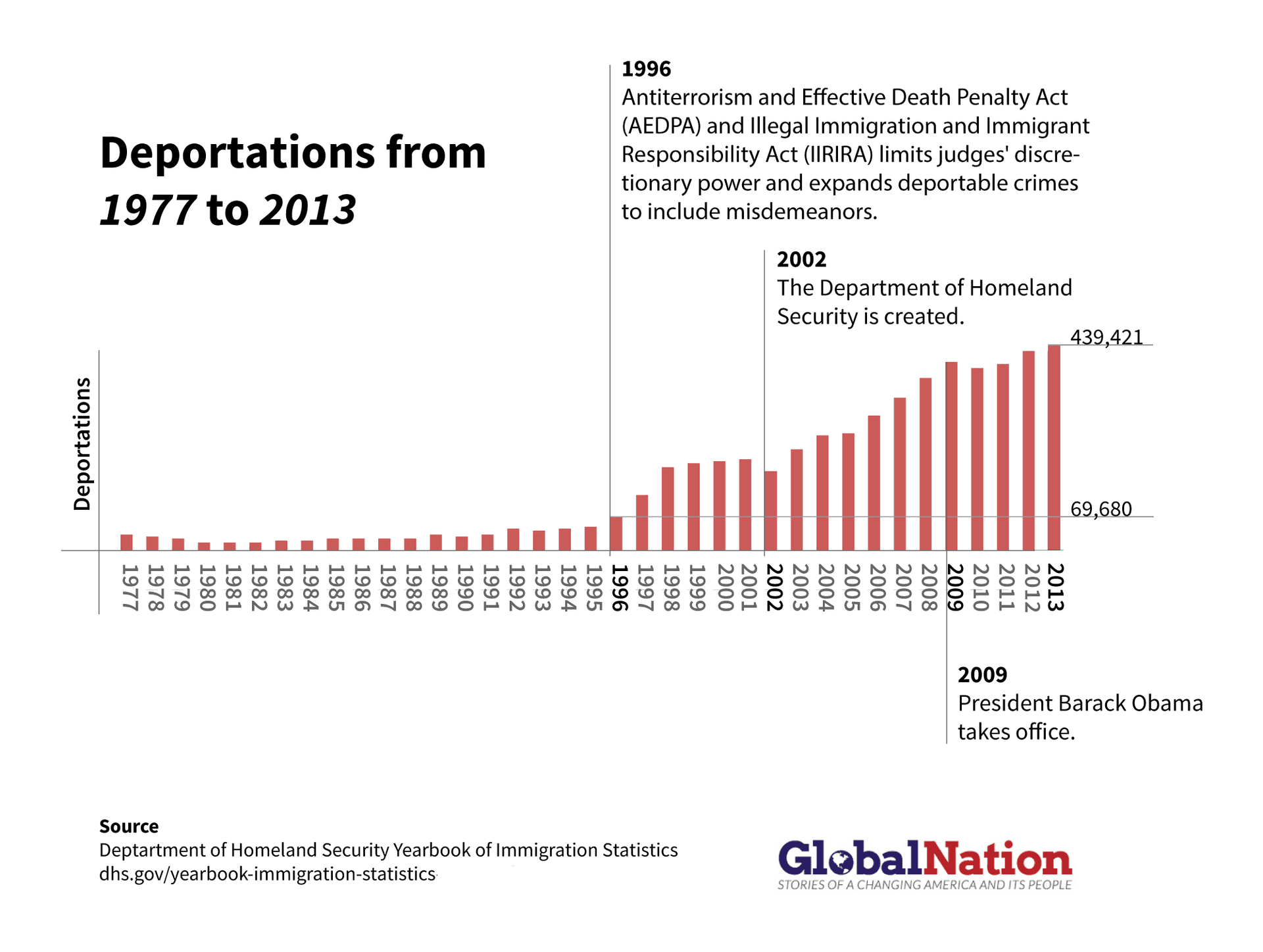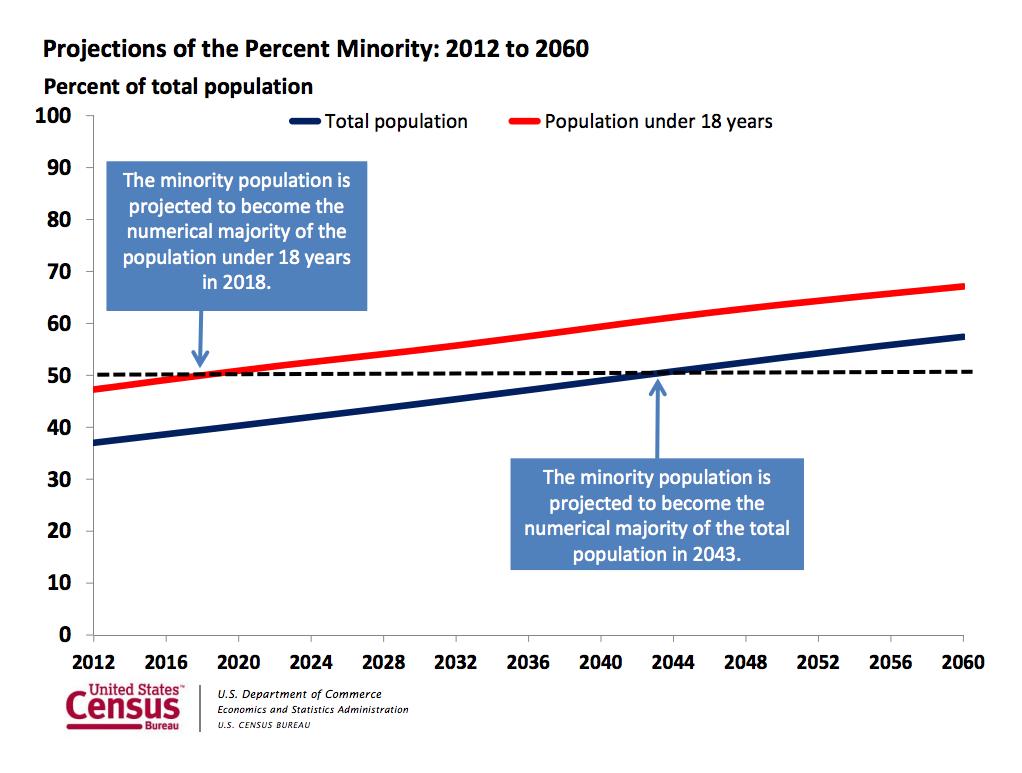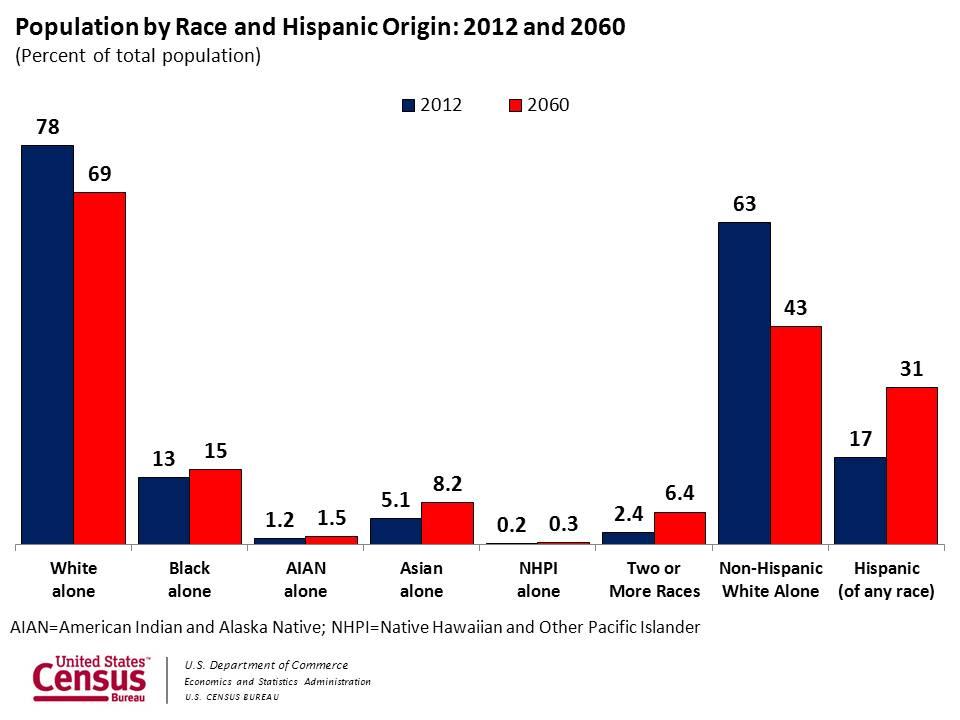Five things we learned in 2014 about immigrants in the US — documented and undocumented
Local elementary school students vote for fairy tale and movie-themed gingerbread houses created by pastry students from the San Ysidro Adult School Culinary Arts program in San Ysidro, California on December 9, 2014. This fall, minorities counted together outnumbered whites in America's public schools, according to the National Center for Education Statistics. The demographic shift is driven largely by growth in the Latino population and to a lesser extent Asian Americans, along with a decline in the white population.
Even without comprehensive reform, 2014 was a big year for immigration policy in the US.
And with big debates come big data. They come from the US Census Bureau, independent surveys, the Department of Homeland Security and some serious budget crunching. Looking at data raises interesting questions about the scale of our immigration programs and the makeup of our country. Here are some of the numbers you might have missed this year — great food for thought, or nuggets to use in those inevitable holiday-time debates.
1
There are 11.3 million undocumented immigrants in the US, a number that has been almost constant since 2009. Half of those immigrants have been in the country for at least 13 years. That’s up from a median of 7.4 years in 1995, according to Pew Research. Another Pew study found that three-fourths of Americans think that undocumented immigrants who meet certain requirements should be allowed to stay legally in the US.
2
More than 2 million people have been deported since the Obama administration took office, about 400,000 each year from 2009 to 2013. Compare this to data from 1975 through 1996, when the average number of deportations per year was about 30,000, according to the Department of Homeland Security.

3
Immigration offenses account for nearly half of the growth in federal convictions between 1992 and 2012. This is because of “Operation Streamline,” a program the US Border Patrol began in 2005. Migrants who cross the border are quickly fast-tracked into the criminal justice system. Now, federal prisons have nearly as many people serving time for immigration offenses as they do for drug offenses.
4
Many immigrants — documented and undocumented — are accused of “stealing American jobs.” But most economists, including this review by the Organisation for Economic Co-operation and Development (OECD), agree that migration is not a drain on the economy and that it actually spurs job growth and tax revenue. The Congressional Budget Office estimates that comprehensive immigration reform (passed by the Senate in June, but stalled on the House floor) would decrease the federal deficit by $197 billion and boost economic output by more than 3 percent in the first 10 years. President Obama’s executive actions to offer more than 5 million undocumented immigrants deferred deportation and work permits will likely cause neither a notable increase nor decrease in tax revenue.
5
According to US Census Bureau projections, non-whites will outnumber whites in the United States by 2043. There are two important points here though: One, is that this projection has little to do with immigration. It’s primarily because there are more minority babies than non-Hispanic white babies. (Incidentally, most students in American public K-12 schools are already minorities.)

The second point, so eloquently made by Hari Kondabolu: Whites will still be the majority race or ethnic group in America.

What did you learn about immigration in the US this year? Share your favorite facts in the comments section.


